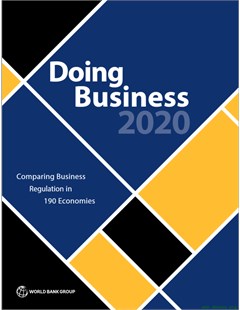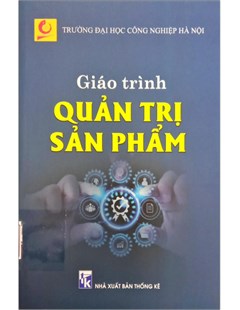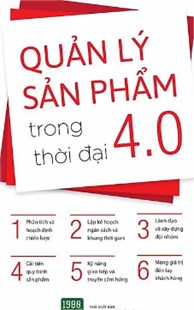Doing Business 2020: Comparing Business Regulation in 190 Economies
The Doing Business 2020 study shows that developing economies are catching up with developed economies in ease of doing business
2020
The Doing Business 2020 study shows that developing economies are catching up with developed economies in ease of doing business.
Still, the gap remains wide. An entrepreneur in a low-income economy typically spends around 50 percent of the country's per-capita income to launch a company, compared with just 4.2 percent for an entrepreneur in a high-income economy.
It takes nearly six times as long on average to start a business in the economies ranked in the bottom 50 as in the top 20.
There's ample room for developing economies to catch up with developed countries on most of the Doing Business indicators. Performance in the area of legal rights, for example, remains weakest among low- and middle-income economies. Doing Business recognizes the important work countries have done to improve their regulatory environments.
Among the 10 economies that advanced the most, efforts were focused on the areas of starting a business, dealing with construction permits, and trading across borders. In general, economies that score the highest share several features, including the widespread use of electronic systems and online platforms to comply with regulatory requirements.
The World Bank. Doing Business 2020: Comparing Business Regulation in 190 Economies. The World Bank, 2020
 |  |  |
| Doing Business 2020: Comparing Business Regulation in 190 Economies | Giáo trình quản trị sản phẩm | Quản lý sản phẩm trong thời đại 4.0 |
Thứ Ba, 13:49 01/10/2024
Copyright © 2018 Hanoi University of Industry.